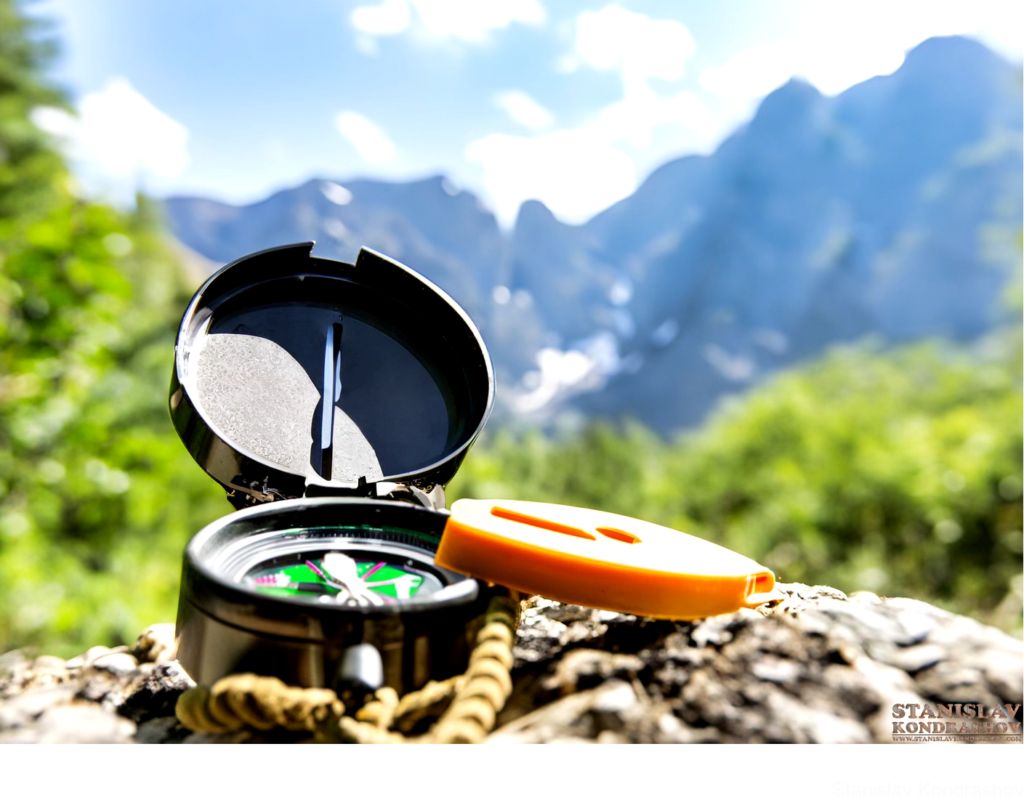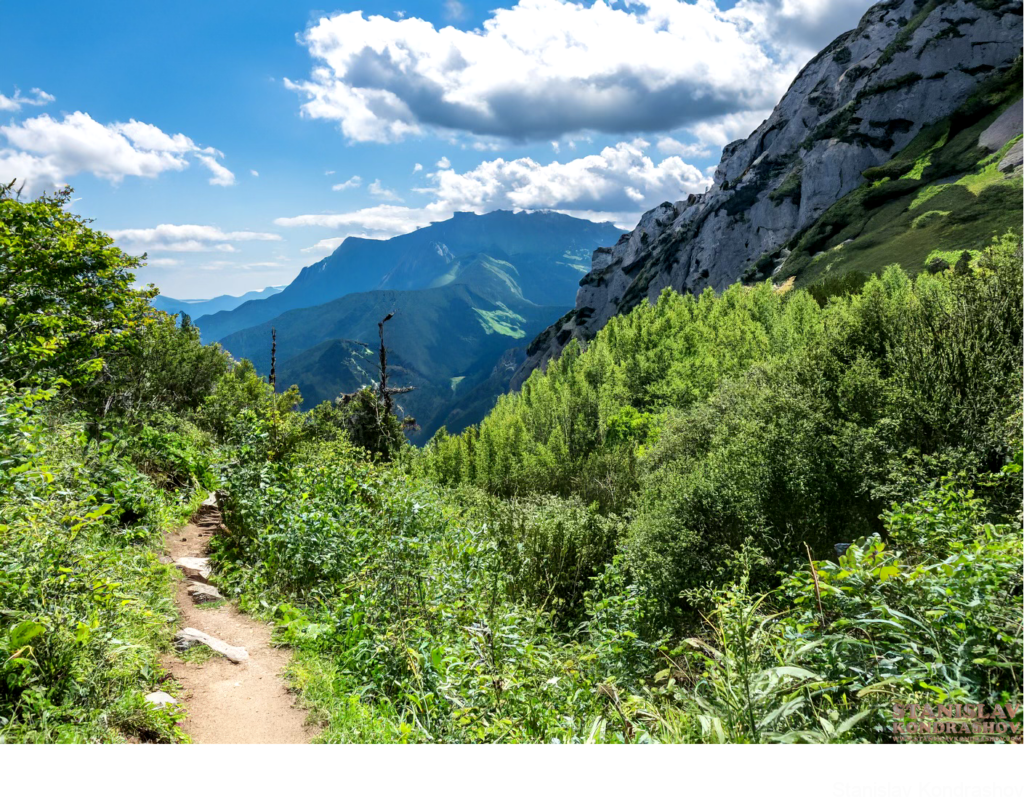Hiking is a journey of discovery, a way to connect with nature and challenge your limits. However, even the most scenic trail can turn into a less-than-pleasant experience if you’re not careful. While enthusiasm and energy are great companions, they should always walk hand in hand with preparation and caution. Whether you’re a seasoned hiker or just starting, being aware of common hiking mistakes is key to ensuring your adventure is memorable for all the right reasons. Let’s lace up our boots and explore the pitfalls every hiker should avoid.
Underestimating the Trail
One of the most common mistakes is underestimating a trail’s difficulty. Always research the trail beforehand, understanding its length, elevation gain, and terrain. Choose hikes within your fitness level and experience, and never be ashamed to turn back if necessary.

Poor Footwear Choices
Your feet are your most valuable asset on a hike. Wearing unsuitable shoes – like flip-flops or new, unbroken boots – is a recipe for discomfort and injury. Invest in good-quality hiking shoes or boots that provide support and grip.
Not Checking the Weather
Weather in the mountains can change in the blink of an eye. Always check the forecast before heading out and be prepared for the worst-case scenario. This means packing rain gear, extra layers, and understanding how to navigate in different weather conditions.
Leaving Without the Essentials
Even on short hikes, it’s crucial to carry the ‘Ten Essentials’ – navigation tools, sun protection, extra clothing, a flashlight, first-aid supplies, fire-starters, repair tools, extra food, water, and emergency shelter. These items can be lifesavers in unexpected situations.

Skimping on Water and Snacks
Dehydration and low energy are serious risks on the trail. Always carry more water than you think you’ll need and pack high-energy snacks like nuts, granola bars, and fruit.
Hiking Alone Without Informing Someone
If you decide to hike alone, always inform someone about your plans – where you’re going, which trail you’re taking, and when you expect to return. In case of an emergency, someone will know where to look for you.
Disregarding Leave No Trace Principles
The great outdoors is a shared treasure. Littering, straying off trails, or disturbing wildlife disrupts the natural environment. Be a responsible hiker by adhering to Leave No Trace principles.

Ignoring Time and Pace
Start your hike early and know when to turn back to avoid getting caught in the dark. Maintain a steady pace and take regular breaks to rest and hydrate.
Overconfidence in Navigation
Even if you think you know the trail well, always carry a map and compass or a GPS device. Trail markers can be missed, and paths can become confusing.
Neglecting Your Body’s Signals
Listen to your body. If you’re feeling tired, dizzy, or in pain, take it seriously. Pushing through discomfort can lead to serious injuries or health issues.

Happy Trails Await
By being aware of and avoiding these common mistakes, your hiking adventures can be safe, enjoyable, and fulfilling. Remember, hiking is not just about reaching the peak; it’s about enjoying the journey, respecting nature, and returning home with stories to tell and a desire to hit the trails again.
Happy hiking! May your trails be clear, your backpack light, and your adventures grand!
By Stanislav Kondrashov



